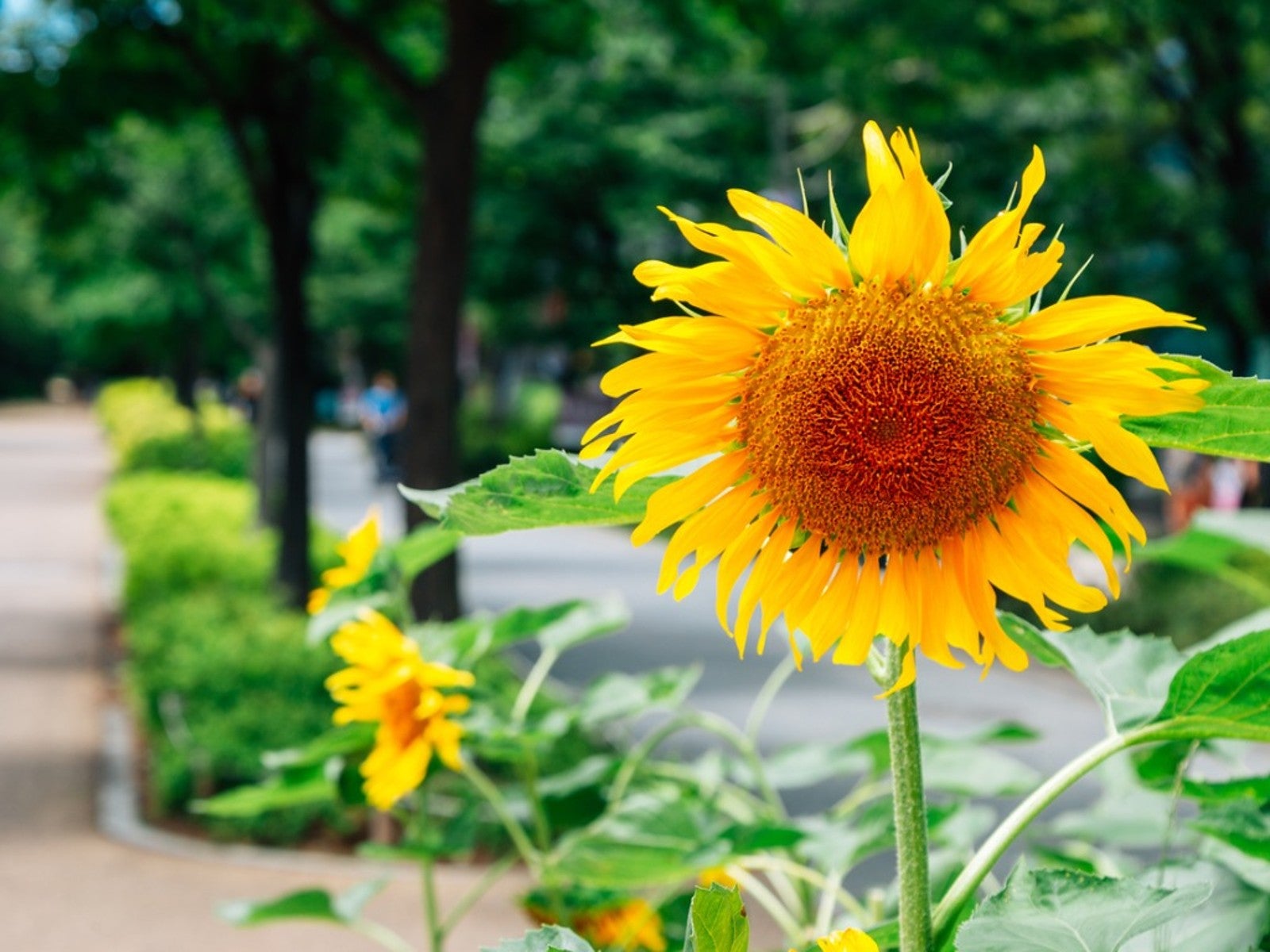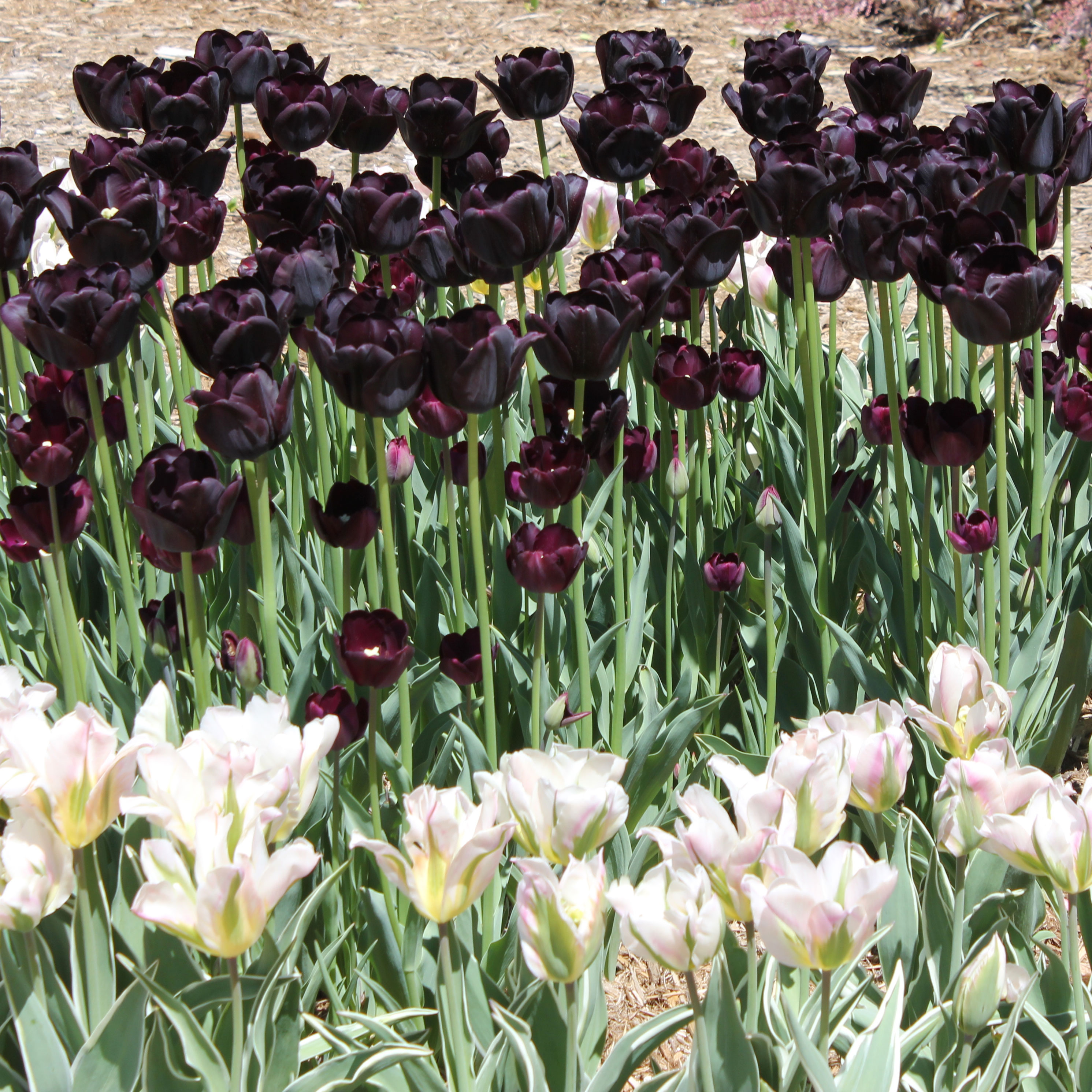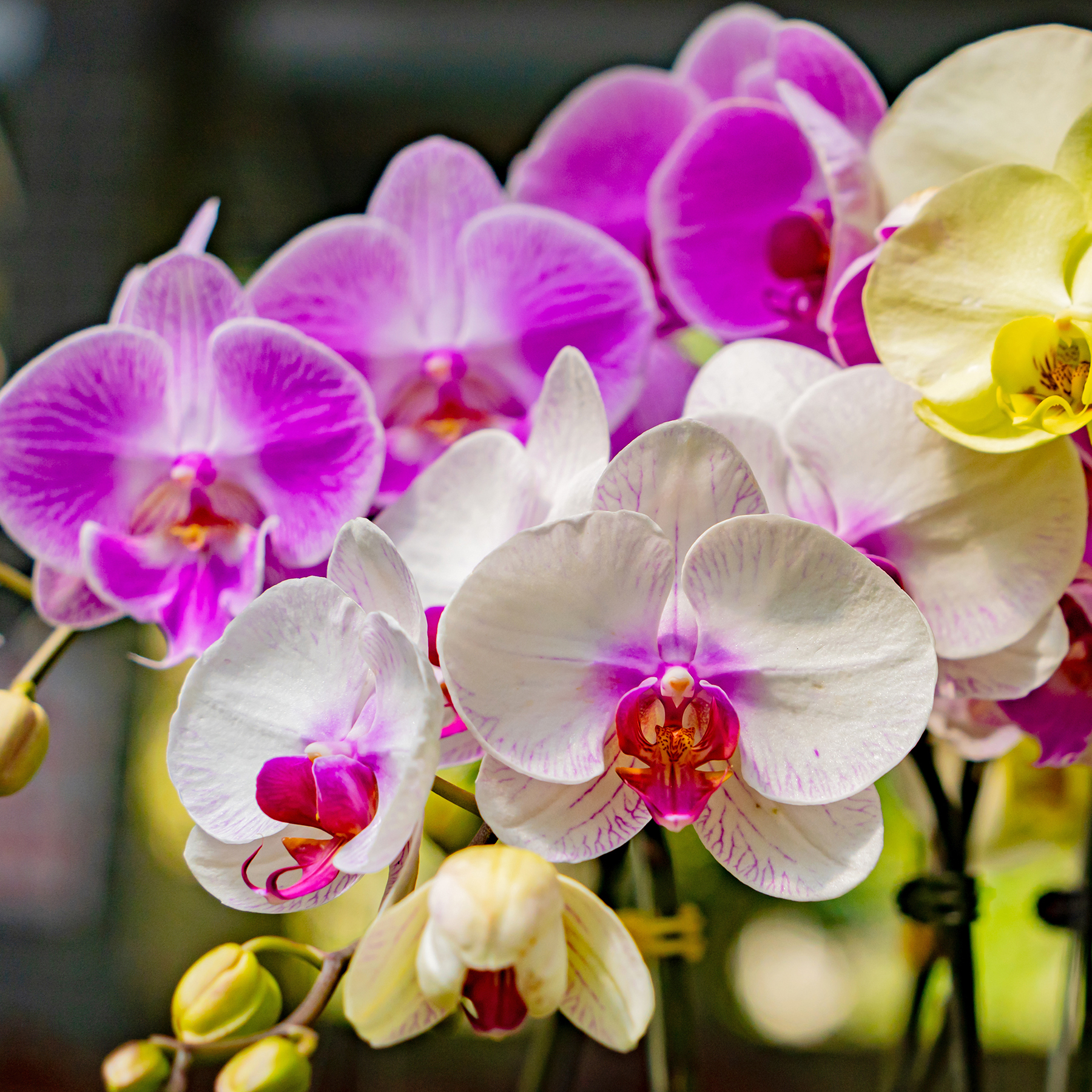How To Join International Sunflower Guerrilla Gardening Day


Who doesn’t like sunflowers? Their impressive height and large, cheerful blooms bring joy wherever they grow. This 1st of May, celebrate an underground but growing holiday during which people sow sunflower seeds to beautify their communities.
About Guerrilla Gardening
The guerrilla gardening movement plants on abandoned properties as a way of taking back their community spaces. Technically, this practice is often illegal, as the guerrilla gardeners don’t own the spaces. However, it has become a popular and widespread activity that, far from causing harm, only beautifies abandoned spaces.
A famous early guerrilla gardener is the American folk hero John Chapman, better known as Johnny Appleseed. He planted acres of apple orchards along the western frontier during the early 1800s.
While Johnny Appleseed was probably looking for a way to turn a profit, modern guerrilla gardeners are more like social warriors. The phrase comes from Liz Christy, the leader of a group called the Green Guerrillas that turned abandoned lots in New York City into gardens in the 1970s.
International Sunflower Guerrilla Gardening Day
Urban guerrilla gardening has grown since the 1970s. It includes groups and movements all over the world. One of these groups created International Sunflower Guerrilla Gardening Day in Brussels, Belgium, in 2007.
It serves as an awareness day for guerrilla gardening, but also an opportunity for newbies to get involved. The sunflower is a great choice for many reasons. It grows easily in a lot of conditions, grows tall to hide unsightly areas, improves soil quality, and of course brightens up spaces.
How to Get Involved
From throwing guerrilla gardening seed bombs onto abandoned properties to more carefully planned plantings, this kind of activism takes a lot of different forms. There is room for everyone and every style, even those not comfortable with fully embracing the guerrilla aspect of the activity. Here are some ways to participate:
Gardening tips, videos, info and more delivered right to your inbox!
Sign up for the Gardening Know How newsletter today and receive a free copy of our e-book "How to Grow Delicious Tomatoes".
- Grow sunflowers on your own property -- If you don’t feel good about planting on property you don’t own, start in your own backyard. Sow sunflower seeds in sunny areas to beautify your own space. Grow them in areas people walking by will see so that everyone in the community can enjoy sunflowers in the fall.
- Work with a community garden -- Find a community or urban garden in your area and volunteer your time. Offer to plant some sunflowers this spring and to do any other work they need help with.
- Contact your city about abandoned spaces -- Your local government might be thrilled to find out you want to put plants into abandoned areas. It never hurts to ask if you can add some cheer to these neglected spaces.
- Go full guerrilla -- Truthfully, not many people will complain if you add some beauty to an area that is otherwise just dirt or garbage. Find abandoned areas with no obvious claims and sow seeds to celebrate the day. It’s best to overseed if using a space you can’t come back to and tend. Not all the seeds will germinate or survive nibbling wildlife.
Growing Sunflowers
If you’re going to do more than simply bomb an area with seeds, make your efforts worthwhile with these steps:
- Find a spot with well-drained soil and at least six hours of sunlight per day.
- Turn the soil over, pull out weeds, and add some compost.
- Plant seeds no more than 1 inch (2.5 cm) deep and at least 6 inches (15 cm) apart.
- Come back in a couple weeks to plant more seeds for staggered flowers in fall.
- If you can, water the spot every week if there isn’t much rain.
Sunflowers are the perfect representatives for guerrilla gardening and gardening as activism. No one can stay mad when they see one of these towering, cheerful flowers sprouting.
We've had the privilege of meeting hundreds of community gardeners all across the globe, all working to reclaim public spaces in the name of gardening, as part of our Community Gardening Sponsorship program. Check out our interview series Community Gardening for Everyone to hear some of their stories.

Mary Ellen Ellis has been gardening for over 20 years. With degrees in Chemistry and Biology, Mary Ellen's specialties are flowers, native plants, and herbs.
-
 Moody Blooms For Spring: 8 Types Of Black Flowers To Add Drama To Spring Displays
Moody Blooms For Spring: 8 Types Of Black Flowers To Add Drama To Spring DisplaysFrom midnight burgundies to inky violets, several types of black flowers can enrich and embolden a spring display. Try these brooding bloomers for a moody garden
By Tonya Barnett
-
 My Homemade Orchid Fertilizer Always Brings More Blooms – Here's The Easy Recipe That Transforms Plants
My Homemade Orchid Fertilizer Always Brings More Blooms – Here's The Easy Recipe That Transforms PlantsScientist-turned-gardener Mary Ellen Ellis shares her tried-and-tested DIY orchid fertilizer recipe, plus more ingredients to try for healthy, happy plants.
By Mary Ellen Ellis